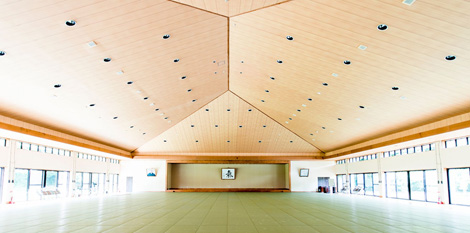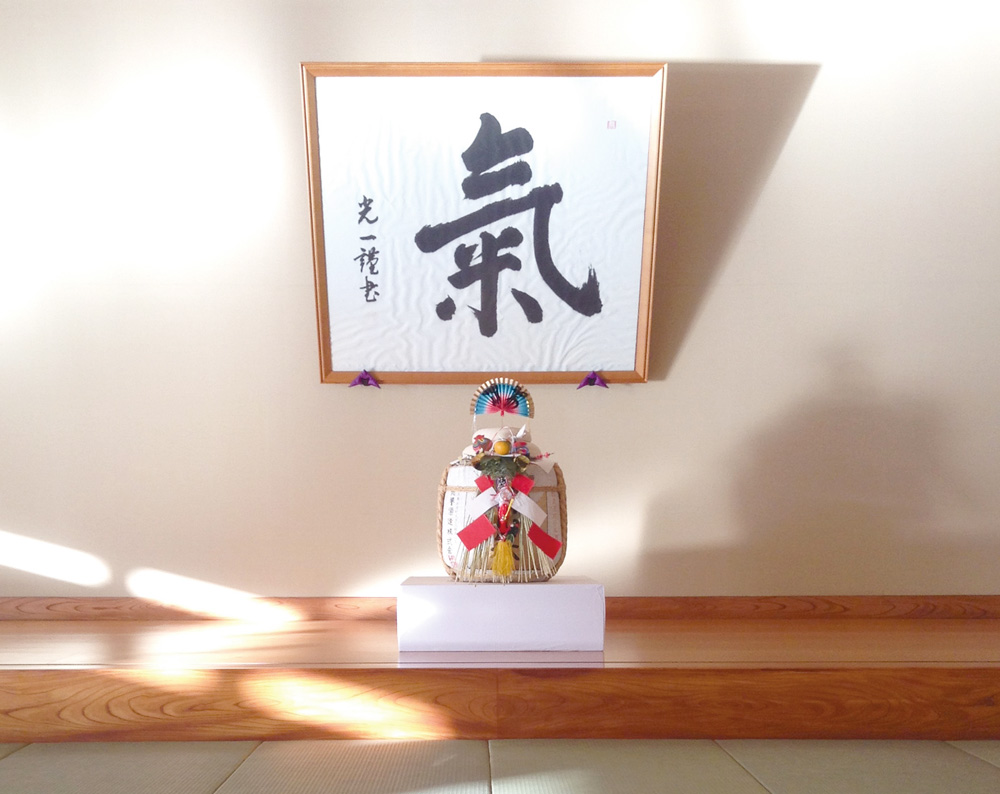There is a word in Japanese, “Minitsuku”, which means that knowledge or skills truly become our own. This can also be rephrased as “Taitoku-suru”, which means to acquire / master knowledge or skills, or “Ketsuniku-ni-naru” [literally “something becomes our flesh and blood”], meaning knowledge or skills become part of our body [A kind of intuitive “second nature” cultivated overtime].
In the process of “Minitsuku”, sometimes things go well, and sometimes they don’t. In fact, the vast majority of the time, things don’t go so well. This is because the feeling of “things went well” is born from an accumulation of these “things didn’t go well” experiences.
If we don’t have these “it’s not going well” experiences, we will not be able to learn to do anything successfully. However, we humans instinctively feel uncomfortable when things don’t go well, so we unconsciously try to avoid the experience, and sometimes we even ignore it so that we don’t have to see the reality. If this unconscious avoidance is left unchecked, however, we will not be able to master anything.
Generally, this tendency becomes stronger as we age. This tendency will become even stronger for those who tend to take a negative view of things that don’t go well.
We can learn how to deal with this problem from children’s play.
One day, I went for a walk and happened to see some children playing in the park.
They were playing a game of throwing an object into a box placed at a distance. Apparently, they were competing to see who could throw it into the box first. In the beginning, they were throwing only with a rough idea of where the box is, so they couldn’t get it into the box at all. But they were checking and learning how far they were off the box each time, and after many repetitions, they could throw it into the box with flying colors.
They seemed to be having a lot of fun.
When children are absorbed in a game, even when they are not doing well, they will improve quickly by having fun and repeating the game. Of course, children do feel frustrated when they don’t do well, but when they are enjoying the game, they don’t perceive it as uncomfortable. Engaged children remain positive even when things don’t go well.
Here is a story when Koichi Tohei Sensei published an instructional book on Shinshin Toitsu Aikido. I was an Uchideshi at the time and I was assigned to be a model for the photos in the book. My senior instructor was to demonstrate Kengi, and I was to demonstrate Jogi.
I practiced thoroughly before the photo shoot, and so performed with a certain amount of confidence, but Koichi Tohei Sensei did not give me his OK at all during the actual shooting. Looking back, I must have been so eager to make powerful movements with great momentum that I ended up using too much force, and my Ki was stuck and not flowing through my jo.
I remember Koichi Tohei Sensei repeatedly telling me, “No, no! Do it again!”, and I ended up repeating the Jogi more than 200 times during the 3 days of shooting! At first, I didn’t even understand exactly what was being pointed out.
However, I had an unexpected experience. On the first and second days, I repeated the Jogi with no success at all, but on the third Sensei gave me the OK, and from there the shooting went smoothly. It was a very strange feeling.
“Ah, I see. There was a meaning to the first and second day when I couldn’t perform well.”
Until then, I was always seeking the feeling of “I can do it well” only. But I was able to understand, with my body, that the feeling of “things don’t go well” is also important. Since then, the way I approach my training has changed.
At the time [of the photo shoot], I was just desperate, and rather than having fun, my mind was filled with this sincere “desire to be able to do it well”. I believe now that the reason I was able to acquire this feeling is because I repeated the process with a positive attitude.
In today’s information society, we gather information before doing something so that we can avoid making mistakes. This in itself is not a bad thing, but it makes us prone to avoid things that don’t go well and we try to get “what seems like the right answer.”
But nothing will “Minitsuku” if we keep doing it. The most important part of the process of “Minitsuku” is to cherish the feeling of “not getting it right” / “things are not going well”, and to be able to repeat the process over and over again with a positive mind.
Those who are in a position to lead others need to understand this. If we take this lesson to heart, then we should be able to change our idea of how best we can teach/guide our students [in a positive manner, including allowing, and even encouraging, making mistakes while maintaining a positive outlook].
Translated by Mayumi Case
Edited by David Shaner
Eastern Ki Federation
https://easternkifederation.org/
Original article in Japanese: 身につくプロセス(Mi ni tsuku process)
June 1, 2024
https://shinichitohei.com/japanese/04-%e3%83%a1%e3%83%bc%e3%83%ab%e3%83%9e%e3%82%ac%e3%82%b8%e3%83%b3/34671/



